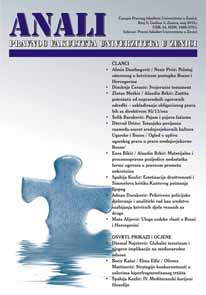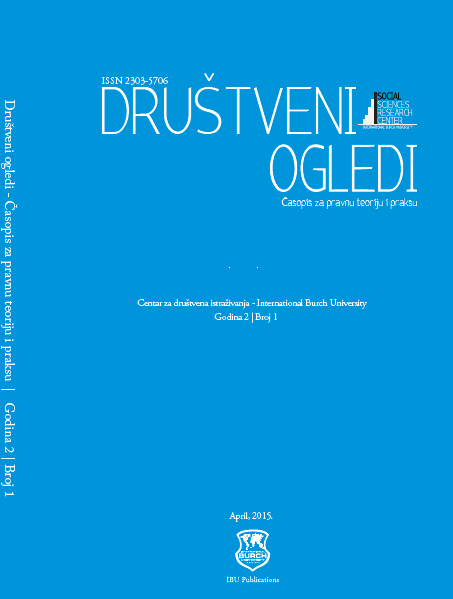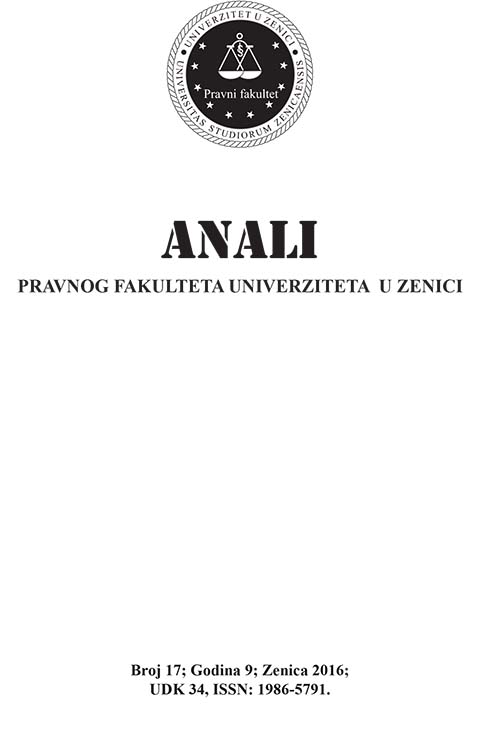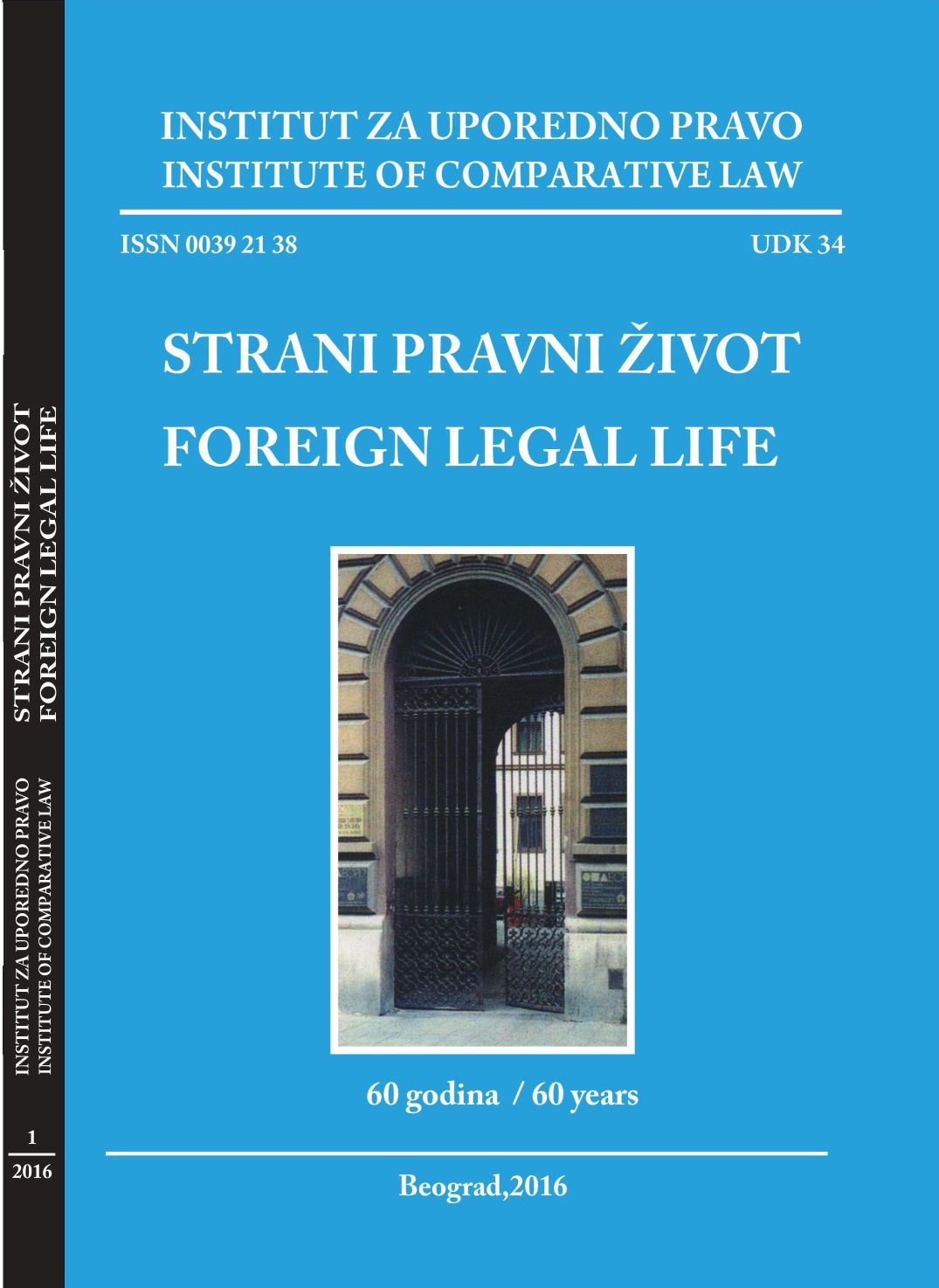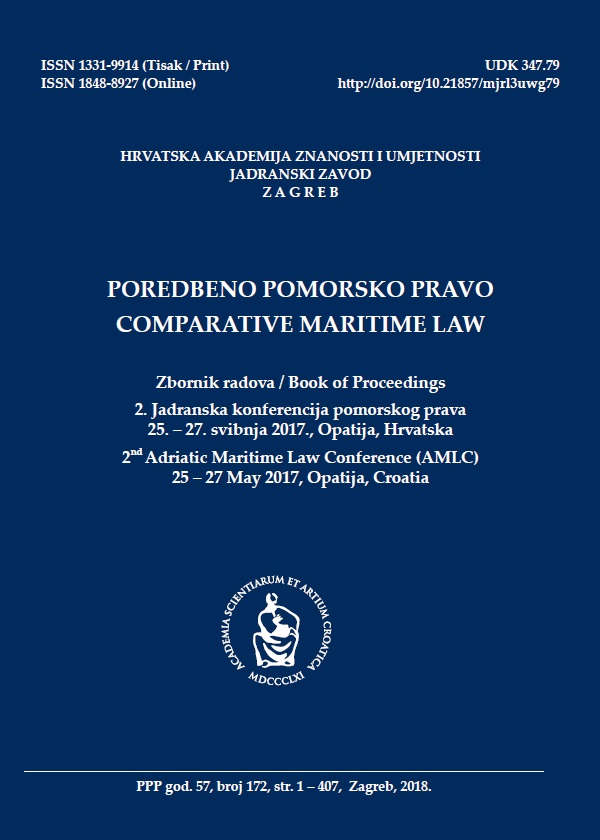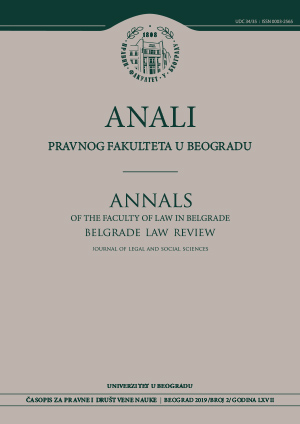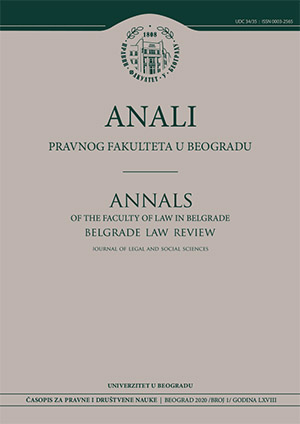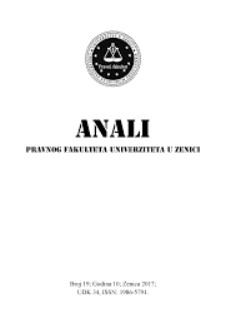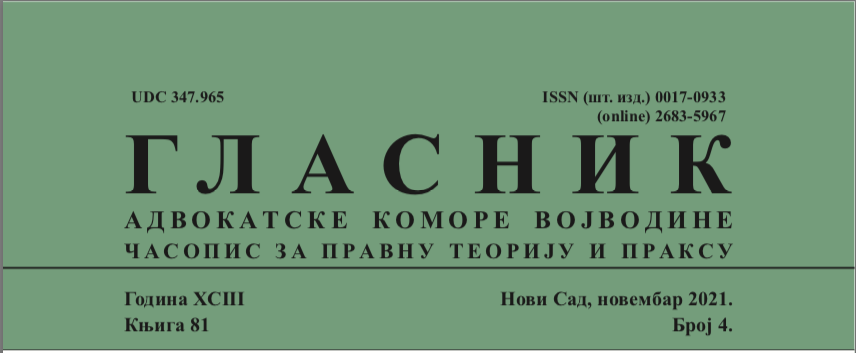Pravo a ugovornu kaznu u slučaju raskida ugovora zbog neispunjenja
Author(s): Nenad Grujičić / Language(s): Serbian
/ Issue: 2/2016
Keywords: stipulated penalty; stipulated penalty agreed in case of nonperformance; contract termination; partial contract termination; subjective right; court practices
The author begins the article by presenting diverse court practices in the Republic of Serbia with regard to the right to collect stipulated penalty agreed in case of non-performance, after the contract had been terminated for non-performance. At the same time, the author concludes that these different practices, exercised not only by different courts, but also within a single court, are very dangerous from the standpoint of legal safety. Then the author also presents the stances of the jurisprudence on this matter, from which he concludes that, despite the apparent lack of concord, not a single author who deals with this particular subject questions the possibility of collecting stipulated penalty after the contract termination. By analyzing the stances of the jurisprudence and the courts, the author also concludes that the root cause of the difference in attitudes, shown both by courts and the science is the wrong or incompletely set initial premise. Namely, the author claims that the courts and authors that deny the right to collect stipulated penalty after the termination of the contract base their stance on the misplaced initial premise that in case of the contract termination, contracting parties are absolved of all the obligations. On the other hand, courts and authors who argue the opposite, though starting from a correctly set initial premise that in case of contract termination there are certain rights and liabilities which 'survive' the termination of the contract, fail to invoke a specific legal concept from the contract law which allows that. Identifying this concept as a partial contract termination for non-performance, which is largely unknown to jurists in the Republic of Serbia, the author presents indisputably that certain rights and liabilities can remain in effect even after the contract is terminated for non-performance. Based on thus set initial premise, the author goes on to analyze the right to the penalty charge agreed in the case of non-performance as a subjective right, relative in its nature, and compares it to other subjective rights the creditor acquires by the fact that the debtor failed to fulfill his contractual duty. After analyzing the function of the stipulated penalty as a concept, the author concludes that, if the right to the stipulated penalty (agreed for cases of non-performance) did not exist after the contract termination, the function that the stipulated penalty as a concept is supposed to perform in the legal system would not be realized. Going further and analyzing concrete and hypothetical cases, the author deduces that not only can stipulated penalty (in case of non-performance) be collected after the contract is terminated, but also that the contract termination is condicio sine qua non of the right to collect the stipulated penalty agreed in case of non-performance. The author points out that the termination, however, does not imply the termination of the contract in its entirety, but only of the liability which was ensured by the stipulated penalty. In his concluding remarks, the author expresses the opinion that, if court practice becomes uniform when it comes to recognizing the right to collect stipulated penalty after the contract termination, stipulated penalty for non-performance will eventually disappear from our legal system, whereas many market participants, unaware of the circumstances regarding the ineffectiveness of this legal concept, will suffer significant material losses. As an alternative solution, the author suggests that, following the model of certain international sources of law, our legislature should explicitly specify that after contract termination for non-performance the creditor reserves the right to collect the stipulated penalty if it was agreed in case of non-performance.
More...
